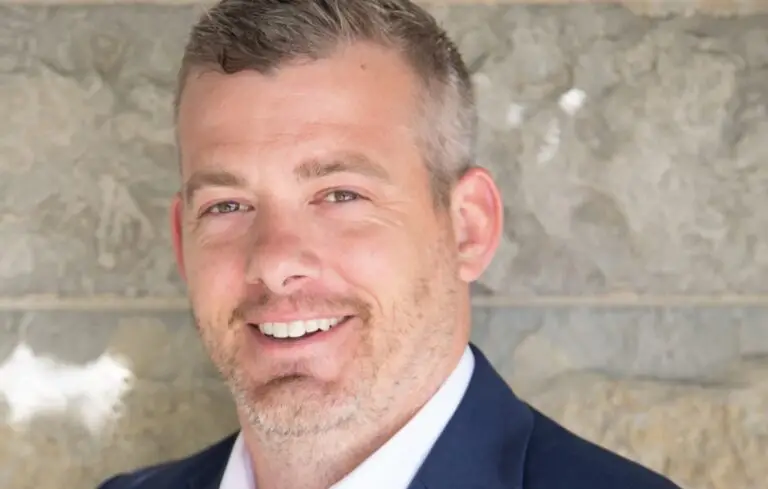While crowdsourcing gets all the ink, alternative-financing models also include less sexy BDC (Business Development Company) investment funds, equipment buybacks and other debt and equity strategies ranging from the slightly unconventional to the quirkily obscure. Still, their availability testifies to the buyer’s store of options out there for companies needing cash.
Take the BDC option, for instance. This was the money path taken by Blurb, an online maker of hardcover, softcover and/or digital books, thanks to its cost-effective design software. Two and a half years ago, founder and CEO Eileen Gittens sought an infusion of capital to “accelerate the business,” as she puts it. “We went to the VC market to raise about $8 million and lo and behold, we were too big to be small and too small to be big—we were a tweener,” Gittens laughs. “Venture capital folks had no interest in investing that little a sum; they wanted to fork over $40 million. I had no plan for an infusion of that size and it would have seriously diluted the equity in the company anyway.”
Instead, she dove into the world of debt equity—the interesting combo play offered by Hercules Technology Growth Capital, a business development company providing specialty-finance solutions in technology-related companies. “They took a bit of risk on the equity side in return for giving us really good terms on the debt side,” Gittens explains. “We took a $7 million line of credit at a rate that is lower than what a bank would charge. We can easily service this debt and have been paying it off pretty quickly.”
Equity dilution is not an issue either, given the small amount of stock provided to Hercules Technology. “Besides, they see it as a way to get some upside, since we all firmly believe the stock will be worth far more down the line,” Gittens adds.
Callidus Software, a fast-growing provider of cloud-based sales and marketing automation solutions, went a different route for its capital infusion—a unique convertible debt instrument. Making a traditional secondary offering to raise the capital was not desirable, as it would have been immediately dilutive, and the company believed its share price was under-valued. “The convertible was a way to raise capital and maintain shareholder value,” explains Callidus CEO Leslie Stretch. Stretch devised a unique hitch to the $80 million convertible debt—an early call option at an additional .75 percent or 75 basis points of the debt rate. “After three years of the five-year convertible term, we can call the bonds if our shares are selling for over $10.02 per share for 20 consecutive days,” says Stretch. Having now pulled this trigger, Callidus now has only $14 million of the $80 million debt outstanding. “Convertibles were not really in vogue for Software-as-a-Service (SaaS) companies back in 2011, but since then a number of other SaaS companies have followed our lead,” the CEO notes.
Sequel Youth and Family Services got money by selling partial ownership of the company as passive non-voting preferred equity, capped at 6 percent, a much lower level of share dilution than in an IPO. Seeking to buy back the company from its private equity owners, co-founder and co-chairman John “Jay” Ripley turned to Alaris Royalty, a Canadian-based provider of cash financing to companies at an agreed-upon valuation, in exchange for predetermined distributions akin to a dividend. Although Alaris participates in the business, “They’re in there for the long term, not at all like private equity,” says Ripley. “My partner and I finally regained voting control of the company.”
Another plus is that the distributions to Alaris come out of pre-tax income, making the financing highly tax-efficient for Sequel Youth. “The bottom line is we are sharing a small percentage of our incremental operating profit with them as we organically grow,” Ripley says. “Therefore, the common shareholders get to keep most of [the profit], which encourages our continued growth. We see them more like ‘silent’ equity partners, not at all like what we had before.” Once Alaris invested $66 million in Sequel, the company’s banks re-upped for another $60 million to extend the franchise of youth-oriented behavioral schools to 18 states and 24 brick and mortar facilities.
Channel M got its nice chunk of capital by selling capital equipment—in this case, its television monitors—to Fountain Partners and then leasing them back. The company produces much of the televised content one sees in retail stores like Nordstrom and the old Blockbuster, tallying more than 20,000 retail stores as customers. Former CEO and co-founder David Teichner had raised capital through the years through the traditional debt and equity sources, but he was on the hunt for a better financing option. He found it in Fountain Partners.
What was interesting and unique in the partners’ approach is that Channel M did not yet own the television monitors it planned to sell to Fountain and then lease back. “They gave us a meaningful line of credit to buy the necessary equipment, which we then sold back to them and now lease,” Teichner says. Why not simply go to the bank for financing? “Are you kidding—it took two weeks to get the capital and install the equipment in 200 stores,” he explains. “Our revenue went up immediately. With a bank, we’d still be filling out the documents.”







